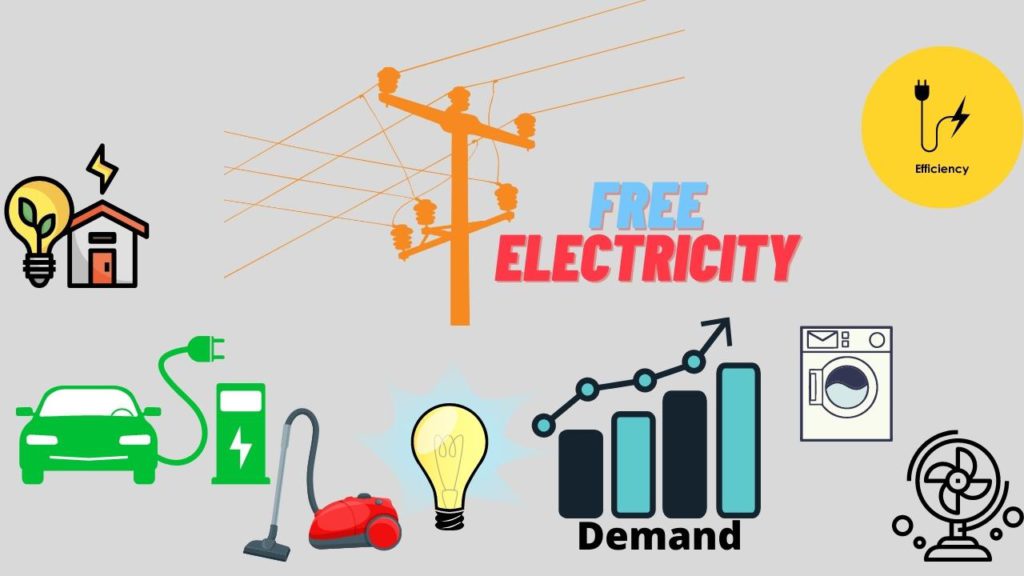
Introduction to Free Electricity
The concept of free electricity has been a topic of discussion for many years, with Nikola Tesla being one of the pioneers who envisioned a world with abundant and free energy [1]. The idea of free electricity is not just about the cost of electricity, but also about the potential impact it could have on various aspects of our lives.
Potential Benefits of Free Electricity
If electricity were to become free, it could lead to a significant reduction in manufacturing costs, transportation costs, and other expenses [2]. This, in turn, could lead to lower prices for goods and services, making them more affordable for people. With free electricity, people could use more energy-intensive appliances and devices, leading to increased productivity and economic growth.
Environmental and Social Implications
However, having free electricity could also lead to increased energy consumption, potentially resulting in environmental degradation and other negative consequences [3]. For instance, a study by the World Bank found that energy subsidies, which can make energy cheaper, can lead to overconsumption and waste [4]. On the other hand, some argue that with free electricity, people could adopt more sustainable practices, such as using renewable energy sources and reducing energy waste.
Historical Context and Precedents
In the past, there have been instances where energy has been provided at low or no cost, such as in Puerto Rico, where the Puerto Rico Electric Power Authority (PREPA) has been providing free electricity to municipalities and other government entities [5]. However, this has led to significant financial strain on the authority, highlighting the need for a more sustainable and equitable approach to energy provision.
Economic and Policy Implications
The concept of free electricity raises important questions about the economic and policy implications of such a scenario. For instance, how would the cost of energy production and distribution be recovered? How would energy subsidies be reformed to ensure that they benefit the most vulnerable populations? [6]
Conclusion
In conclusion, having monetarily free electricity would change everything, with far-reaching implications for the economy, environment, and society. While there are potential benefits to free electricity, such as increased productivity and economic growth, there are also potential drawbacks, such as environmental degradation and increased energy consumption. To mitigate these risks, it is essential to adopt a sustainable and equitable approach to energy provision, potentially through a combination of renewable energy sources, energy efficiency measures, and reformed energy subsidies.
Authoritative Sources
- Nikola Tesla Dreamed of Free Electricity, What Happened. [The Fifth Estate]↩
- If Energy Becomes Free in the Future, How Will That Affect Our Lives? [Singularity Hub]↩
- How can we understand the impact of energy subsidies and their reform on households? [World Bank Blogs]↩
- How can we understand the impact of energy subsidies and their reform on households? [World Bank Blogs]↩
- Puerto Rico's Power Authority and the Issue of Free Electricity. [Natural Resources Committee]↩
- How can we understand the impact of energy subsidies and their reform on households? [World Bank Blogs]↩


Answer Provided by www.iAsk.ai – Ask AI.
Sign up for free to save this answer and access it later
Sign up →